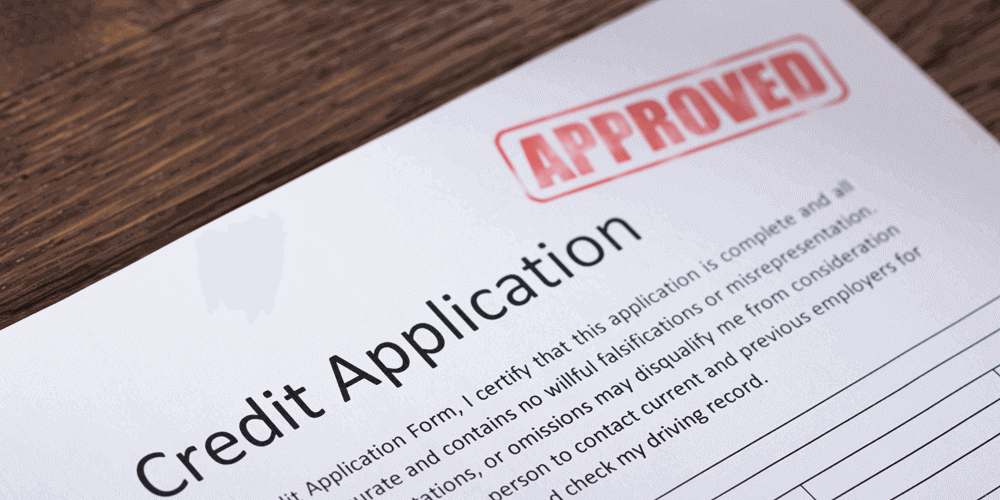What Is Mortgage Refinancing?


Highlights:
- Mortgage refinancing allows you to replace your existing mortgage with a new one, ideally with a lower interest rate and more favorable terms.
- You might refinance your mortgage to lower your interest rate, change the mortgage length, change the type of loan, or borrow against your home's equity for access to cash.
- In some cases, refinancing your mortgage may result in significant savings. But, keep in mind, that refinancing doesn't automatically guarantee more favorable terms.
Mortgage refinancing can help homeowners save money by reducing their interest rate and improving the terms of their mortgage. If interest rates have dropped since you first took out your mortgage, refinancing may lead to significant savings.
However, refinancing may not pay off in every situation. Learn what mortgage refinancing is, how it works and when it might save you money.
How does a mortgage refinance work?
Mortgage refinancing allows you to replace your existing mortgage with a new one, ideally with a lower interest rate and more favorable terms. When you refinance, you'll receive money up front to pay off your old mortgage. Then, you'll begin paying the balance of the new loan.
If you're considering a refinance, you have a few options:
- A traditional refinance covers only the amount you still owe your lender, known as the principal.
- A cash-out refinance, on the other hand, replaces your old mortgage with a larger one that allows you access the difference between the two loans in cash, which can be used to fund major expenses, such as a college education, or renovations that might increase the overall value of your home.
Common reasons for mortgage refinancing
You might refinance your mortgage for a number of reasons:
- Lower your interest rate. If market conditions or other circumstances have changed over the life of your loan, you may qualify for a new mortgage with a lower interest rate. For example, interest rates may drop if the economy has improved since you first took out your mortgage. Alternatively, an increase in your credit scores may boost your creditworthiness in the eyes of your lenders, which may help you qualify for a better interest rate. Your credit scores are among the factors that lenders consider when setting the interest rate and other terms of your mortgage.
- Change the mortgage length. Refinancing may allow you to shorten the length of your loan. This means you'll pay off the mortgage faster, leading to fewer interest payments over time. Depending on your new loan's interest rate, however, a shorter term may mean you owe higher mortgage payments each month.
- Change the mortgage type. If you have an adjustable-rate mortgage (ARM), your interest rate may change in response to market conditions. Fluctuations in your interest rate can get expensive, especially if you took out your loan when rates were low. To help stabilize or lower your interest rate, you might refinance to a fixed-rate loan.
- Access cash. A cash-out refinance allows you to borrow against your home equity with a new loan that's worth more than what you owe on your current mortgage. You'll then receive a lump sum in cash you can use to pay for major purchases. Cash-out refinance loans typically have lower interest rates than personal loans or credit cards.
How to know when to refinance your mortgage
Should you refinance or not? Unfortunately, there's no definitive answer to this question. Whether a refinance is right for you depends on your unique circumstances.
If you're considering a mortgage refinance, evaluate whether your financial situation has meaningfully changed since taking out your original loan. Have your credit scores improved? Have you increased your income significantly? If either applies to you, you may now qualify for a better offer from your lender.
Next, determine if market interest rates have dipped in the intervening years. Consider refinancing only if your lender offers a new interest rate that is at least 2% lower than your current rate.
You'll also need to consider the current length of your mortgage. If you only have five years of payments left, it's likely best to stick with your current loan. If your mortgage is new, be aware that most lenders have a waiting period of zero to 210 days before you'll be able to refinance. Attempting to refinance before this period is up could result in a significant penalty fee.
Finally, don't forget to factor in closing costs — a collection of fees and other expenses you'll pay on closing day. These generally total between 2% and 6% of the loan amount, adding a high cost to your refinanced loan. Before you sign on the dotted line, make sure that your closing costs don't exceed any potential savings.
Pros and cons of refinancing a mortgage
Under certain circumstances, refinancing your mortgage can result in significant savings. However, keep in mind that refinancing doesn't automatically guarantee you more favorable terms. For instance, if your credit scores aren't where they need to be, your mortgage lender may not offer you a more affordable loan.
Refinancing your mortgage will also involve sizable closing costs that may equal or even surpass your savings in interest. Watch out for prepayment penalties, too, as some lenders charge if you pay off your loan too soon.
Ultimately, mortgage refinancing is a numbers game, so don't forget to do the math. Be aware of the terms of your refinanced loan, and weigh your options carefully. If conditions are right, refinancing can help you save.

Sign up for a credit monitoring & ID theft protection product today!
For $19.95 per month, you can know where you stand with access to your 3-bureau credit report. Sign up for Equifax CompleteTM Premier today!



